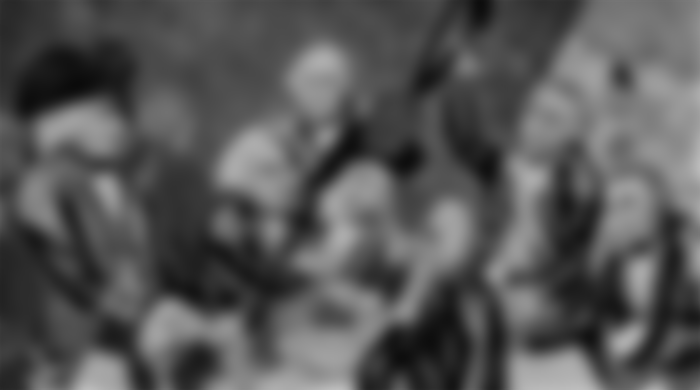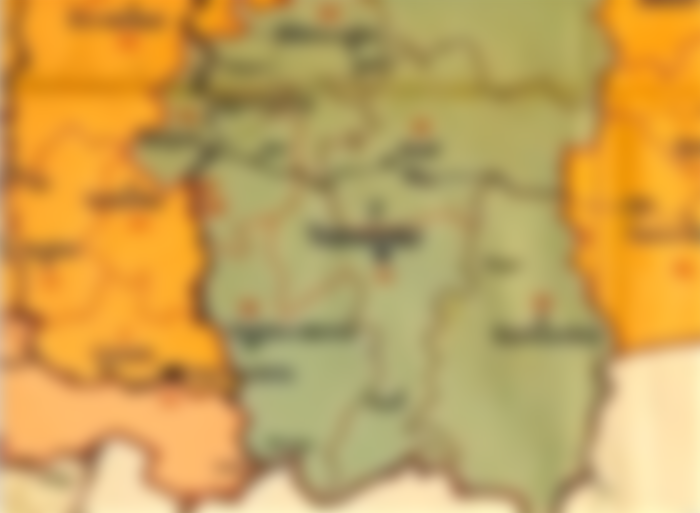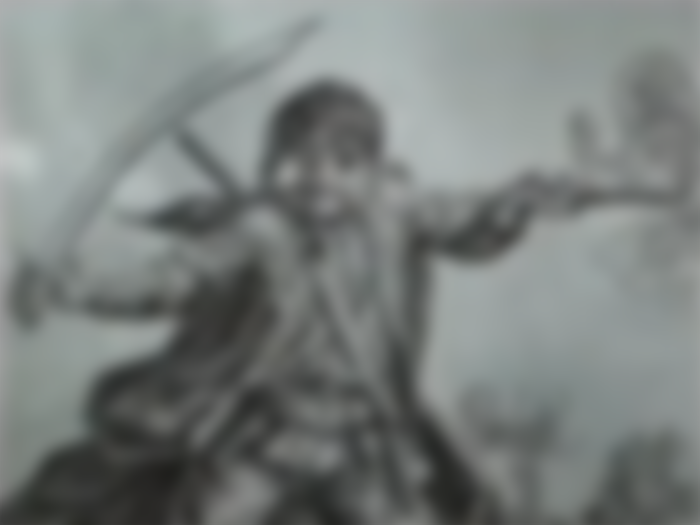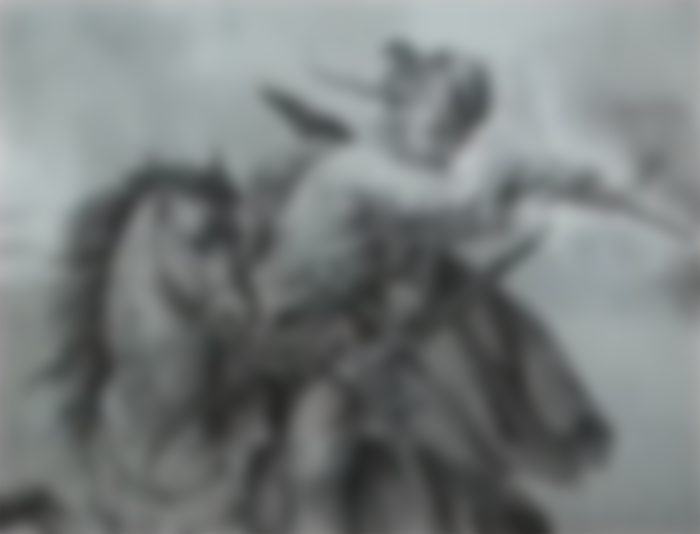The Battle of Caransebes (present-day Romania) took place during the night of 17 September 1788 between several parts of the Austrian army.
About 170,000 Austrian soldiers encamped around the city of Caransebes. The Hussars (cavalry) who crossed the Tamis River in order to reconnoiter the presence of the Ottoman army came across a group of Roma who offered them brandy. The Hussars made a happy time by buying a large number of barrels of brandy.

In 1788, Austrian King Joseph II assembled a large army, which he led to the Balkans with the aim of finally expelling the Turks from Europe and ending the Habsburg-Ottoman War. About 170,000 soldiers, including Austrians, Hungarians, Serbs, Slovaks, Lombards and other residents of the Austrian Empire, headed to Transylvania in Romania, then under Ottoman control, to deal with newcomers from Asia once and for all. What followed remained known as one of the most bizarre military failures.
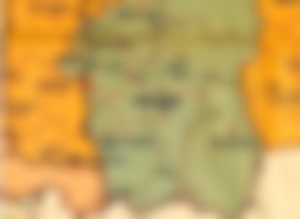
Even on the way to the destination, the city of Caransebes, the army of the Austrian king suffered huge losses. Namely, over 30,000 people died from the disease. After reaching the Tamis River, they camped on its west bank. Unaware of the whereabouts of the bulk of the Turkish army, they sent the Austrian Hussars to the other coast, on a reconnaissance mission. The Hussars did not find the Turks, but they did find a group of traveling Roma. After inquiring with them and making sure that there were no Turks nearby, they bought, or according to some sources, bought alcohol from them, primarily brandy.
The Hussar unit, which was the cavalry of the army, spent some time in alcohol and entertainment, until, worried about them, their comrades-in-arms, the infantry, appeared. Namely, the high command sent another detachment across the Tamis, fearing that the Hussars would not be attacked. When they crossed the river, they saw the Hussars lounging and drinking, and that they had set up an improvised camp around barrels of alcohol. The arriving infantry wanted to join the drunks, so there was an argument and a general fight. There was a confusion in which heads were shot, and in such a situation, someone shouted: "Turks!", And both of them thought that they had been attacked by the Ottoman army. Shooting at everyone around them, the soldiers from the east coast began to flee towards the majority of the army.
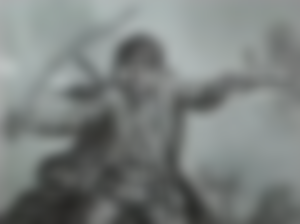
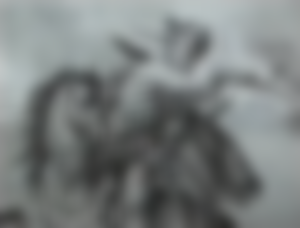
“Halt! Halt! ”
On the other side of the river, the army woke up to hear gunfire and howls, and in fear formed a military formation and clashed with its comrades. The panic was heightened by the fact that the Hussars shouted “Halt! Halt! ”, Which to the multinational army, in which the majority did not speak German, sounded like“ Allah! Allah! ”, And they were convinced that a sudden attack by the Turkish army was underway.


Now everyone was fighting for their own lives. There was a general escape in which everyone shot at anything that moved. Hussar horses without riders overran the camp of their own army, tents remained on fire, and officers, who themselves became victims of their army, failed to bring the situation under control. In the confusion that arose in the Austrian army, most thought that the Turks had entered their camp, so they fled for miles around. The whole day after, the escaped soldiers were gathered, who were then, in a shameful march, returned to the kingdom.
And the "real" Turks ?!
Two days after this "battle", the enemy finally appeared on the battlefield. The Turkish army that came to fight the Austrian army was stunned. About 10,000 dead Christians lay on the banks of the Tamis, which was an unsolvable enigma for the Ottomans who came. However, that did not stop them from declaring victory, even if it came without a fight.
"Battle" near Caransebes
There is a lot of controversy about the event, which is called the "Battle of Caransebes" in history, from how the event took place to whether it happened at all. Namely, the first records of this battle were written only a few years later, and many believe that it was invented.
Counter-arguments, on the other hand, say that because of the shame, it was not even talked about. The Austrian army was made up of cavalry and officers who were Germans or Austrians, while the infantry was diverse, and the Austrians often blamed this defeat on this "non-German" element. On the other hand, when it came to successes, they were always the merit of the Austrians themselves and no one else. They understood the described events from 1788 in a similar way
